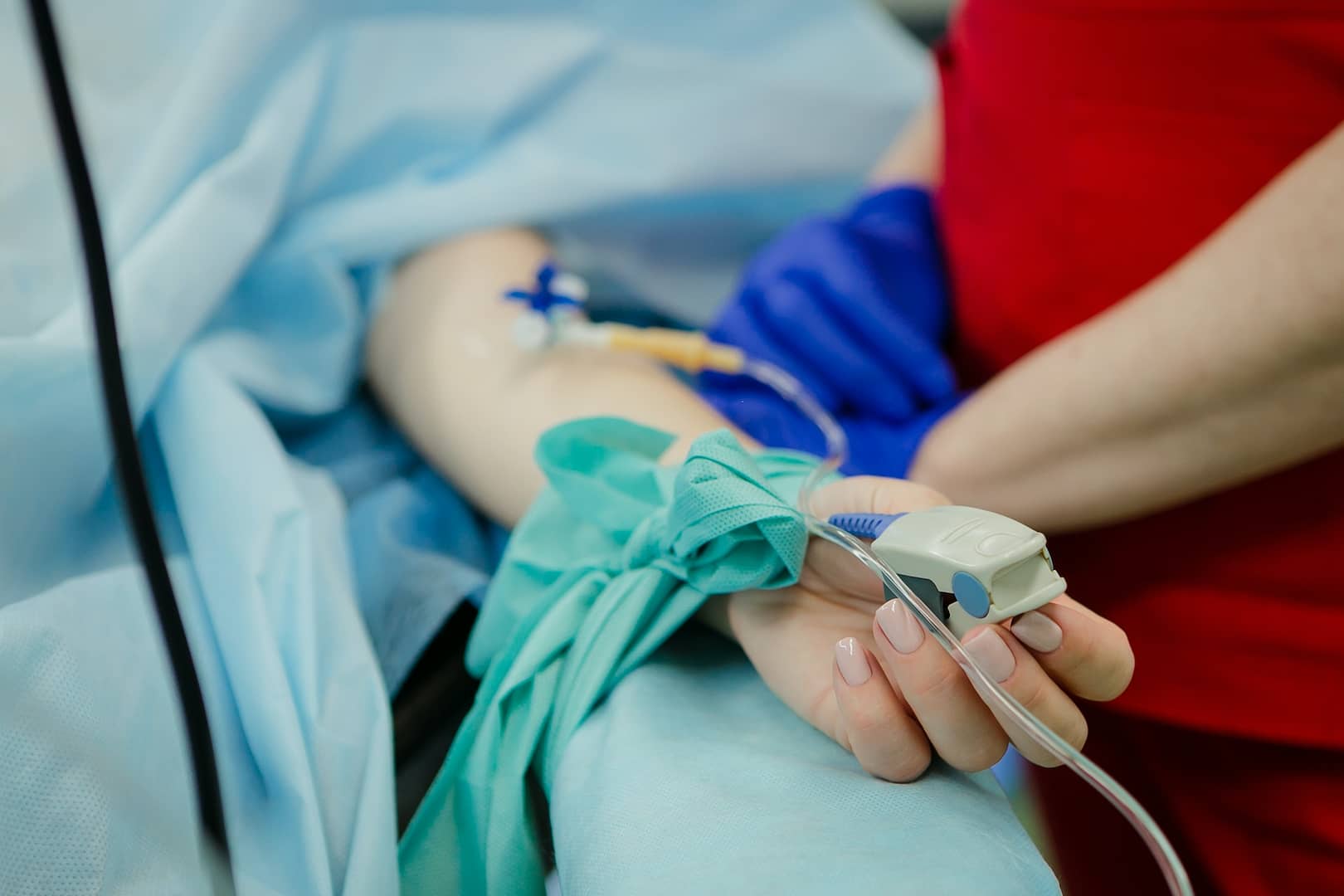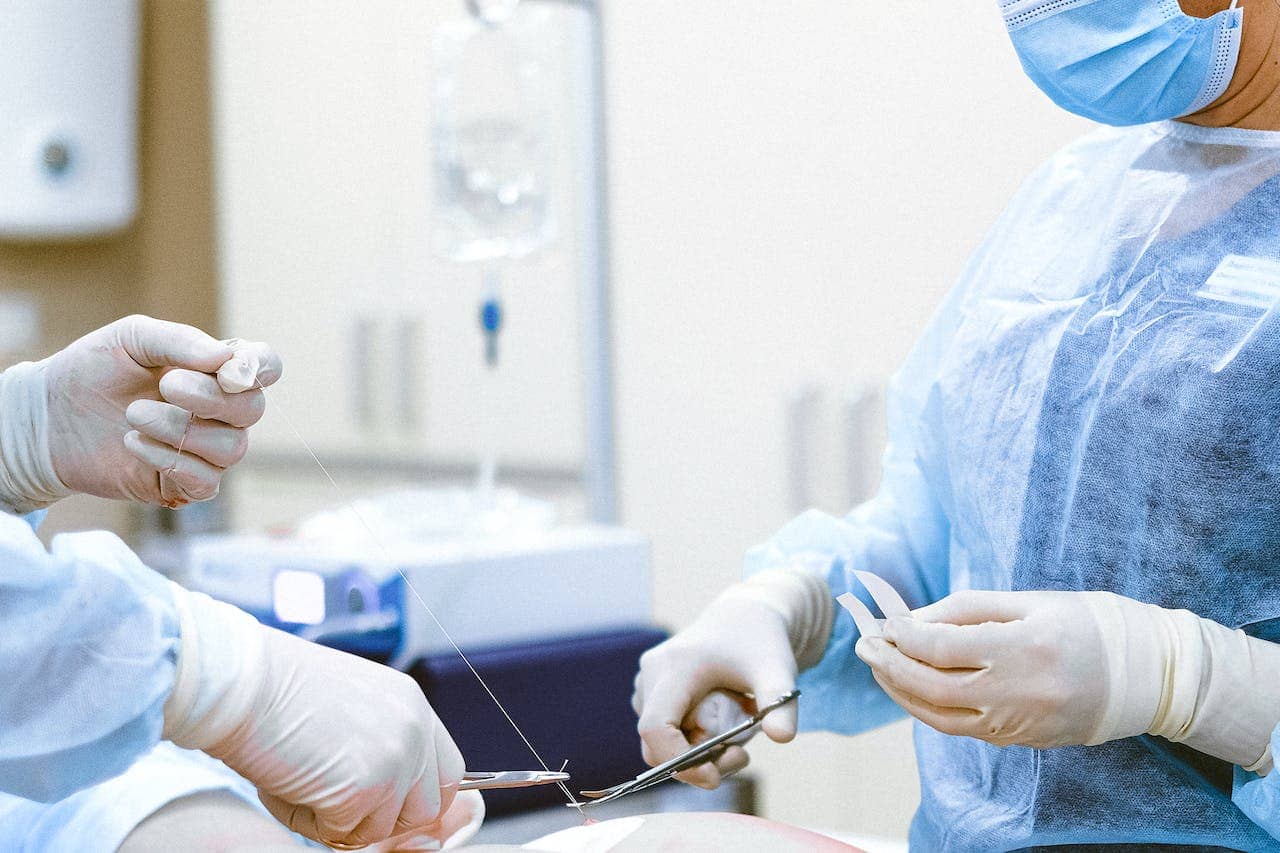If you or a loved one have ever been on the receiving end of medical treatment that left you questioning the quality of care provided, you might wonder, “How do you identify medical negligence?” Clinical negligence, often referred to as medical malpractice in some regions, occurs when healthcare professionals fail to meet the standard of care expected in their field, resulting in harm to the patient. Recognising the signs of clinical negligence is crucial for ensuring that justice is served and that victims receive the compensation they deserve.
Understanding Clinical Negligence
Clinical negligence is a matter of great concern in the healthcare industry, and it affects people worldwide. While the legal definitions and healthcare standards may vary from one country to another, it’s essential to shed light on the UK context for our discussion.
In the United Kingdom, clinical negligence refers to instances where healthcare professionals, including doctors, nurses, and other medical practitioners, fail to provide a reasonable standard of care that patients are entitled to receive. This failure can result in various forms of harm, including physical, emotional, and financial damage.
Identifying signs of clinical negligence is a critical step in holding healthcare providers accountable for their actions. It is important to note that clinical negligence cases can be challenging to prove, and not every mistake made by a medical professional necessarily qualifies as negligence. To determine if you have a legitimate case, you need to understand the key signs and gather appropriate evidence.
Signs of Clinical Negligence
Unexplained Complications or Infections
One of the most common signs of clinical negligence is the occurrence of unexplained complications or infections following a medical procedure. These complications can range from surgical site infections to complications arising from incorrect medication administration. For example, if a patient undergoes a routine surgery and later develops a severe infection, this could be an indication that the healthcare provider may have neglected proper sterilisation procedures or post-operative care.
Misdiagnosis or Delayed Diagnosis
Misdiagnosis or delayed diagnosis can have severe consequences for patients. If a healthcare provider fails to identify a medical condition accurately or takes an excessive amount of time to do so, the patient’s condition may worsen, potentially leading to irreparable harm. For instance, a doctor who fails to diagnose cancer until it reaches an advanced stage may be considered negligent in their duty of care.
Medication Errors
Medication errors can occur in various forms, from incorrect dosage to administering the wrong medication. Patients who experience unexpected reactions or side effects from medication should investigate the possibility of clinical negligence. Such errors can lead to severe health consequences, and they should not be taken lightly.
Surgical Errors
Surgical errors are some of the most devastating forms of clinical negligence. These errors can include wrong-site surgery, leaving surgical instruments inside the patient’s body, or performing the wrong procedure altogether. A patient who undergoes surgery and later experiences complications that can be directly attributed to a surgical error may have a legitimate claim of clinical negligence.
Lack of Informed Consent
Informed consent is a fundamental aspect of medical practice. Patients have the right to be fully informed about the risks, benefits, and potential alternatives of a medical procedure before giving their consent. Failure to provide this information and obtain informed consent can be a sign of clinical negligence. Patients should be aware of the implications of a medical procedure and have the opportunity to make an informed decision.
Neglect in Nursing Homes
Clinical negligence is not limited to hospitals and clinics. Neglect in nursing homes is a prevalent issue, and it often goes unnoticed. Elderly residents in nursing homes can suffer from malnutrition, dehydration, pressure sores, and even emotional abuse due to neglect by the staff. If you suspect that a loved one in a nursing home is not receiving adequate care, it’s essential to investigate further.
Gathering Evidence of Clinical Negligence
Recognising the signs of clinical negligence is just the first step. To build a strong case, you’ll need to gather evidence to support your claim. Here are some essential steps to take:
Document Everything
Keep detailed records of your medical treatment, including the names of healthcare professionals involved, dates of visits, and descriptions of the care provided. Document your symptoms, any changes in your condition, and the treatments or medications prescribed.
Seek a Second Opinion
If you suspect clinical negligence, consult another healthcare professional for a second opinion. They may provide valuable insights into whether the standard of care you received was adequate or if negligence was involved.
Collect Medical Records
Request copies of your medical records, including test results, diagnosis notes, and treatment plans. These records can provide crucial evidence of any misdiagnosis or improper care.
Speak to Witnesses
If there were witnesses to the medical procedures or treatment you received, interview them to gather their perspective on what transpired. Their accounts can be valuable in supporting your case.
Consult a Legal Expert
To navigate the complex process of pursuing a clinical negligence claim, it’s advisable to consult with a legal expert specialising in medical malpractice cases. They can guide you through the legal aspects and help you determine the strength of your case.
Making a Clinical Negligence Claim with National Claims
When you believe you’ve identified signs of clinical negligence and have gathered the necessary evidence, the next step is to consider making a clinical negligence claim. National Claims is here to guide you through the claims process with our team of experienced professionals who specialise in medical malpractice cases.
Our dedicated team will assist you every step of the way, ensuring that your case is thoroughly evaluated, and that you have the best possible chance of obtaining the compensation you deserve. We understand the intricacies of clinical negligence claims and will work tirelessly to help you secure the justice you seek.
Our process includes:
Initial Consultation
We begin with an initial consultation to discuss the details of your case. During this conversation, we will ask for the information and evidence you have gathered. Our experts will assess the strength of your case and provide you with guidance on how to proceed.
Investigation
Once you choose to work with National Claims, we will launch a thorough investigation into your case. This includes obtaining additional medical records, consulting expert witnesses, and assessing the extent of your damages. Our goal is to build a robust case on your behalf.
Resolution
Our ultimate aim is to secure a resolution that is in your best interest. Whether through negotiation or litigation, we will continue to advocate for your rights until your case is resolved.

Conclusion
Clinical negligence can have life-altering consequences for patients and their families. Identifying the signs of clinical negligence is the first step toward seeking justice and holding healthcare professionals accountable for their actions. While it can be a challenging and emotionally charged process, gathering evidence and consulting legal experts are essential for building a strong case.
Remember that not every medical mistake qualifies as clinical negligence, and each case is unique. It’s crucial to approach the situation with a clear understanding of the signs and evidence required to support your claim. By doing so, you can contribute to a safer healthcare system and ensure that individuals receive the care they rightfully deserve.
If you believe you or a loved one has been a victim of clinical negligence, do not hesitate to take action. Seek the support of legal professionals and the guidance of healthcare experts to navigate the path towards justice and compensation for any harm endured. In the face of clinical negligence, it is our collective responsibility to advocate for the highest standards of care in the medical field, ensuring the well-being of patients remains paramount.
When it comes to pursuing a clinical negligence claim, National Claims is here to provide you with the expert guidance and support you need. We are committed to helping you navigate the legal process, from the initial consultation to the resolution of your case. Our goal is to ensure that you receive the compensation and justice you deserve, holding those responsible for clinical negligence accountable for their actions.
Start your claim with us today by contacting us and speaking to one of our claims specialists.
Click below to see why we are one of the most trusted claims management companies in the UK.

We’re proud of our excellent customer reviews
We thrive on delivering exceptional service and ensuring our clients’ satisfaction. Don’t just take our word for it. Check out some of our independent reviews to see what our clients have to say.
Excellent

This firm is excellent, they sorted out my car pay out and injury claim very fast, they always communicate with you all the time.

My accident case was dealt with confidence and with great result of the outcome, especially James kept me informed all the time.

I was very impressed at the way my inquiry was treated. I was listened to attentively and everything I needed to know was explained to me.






